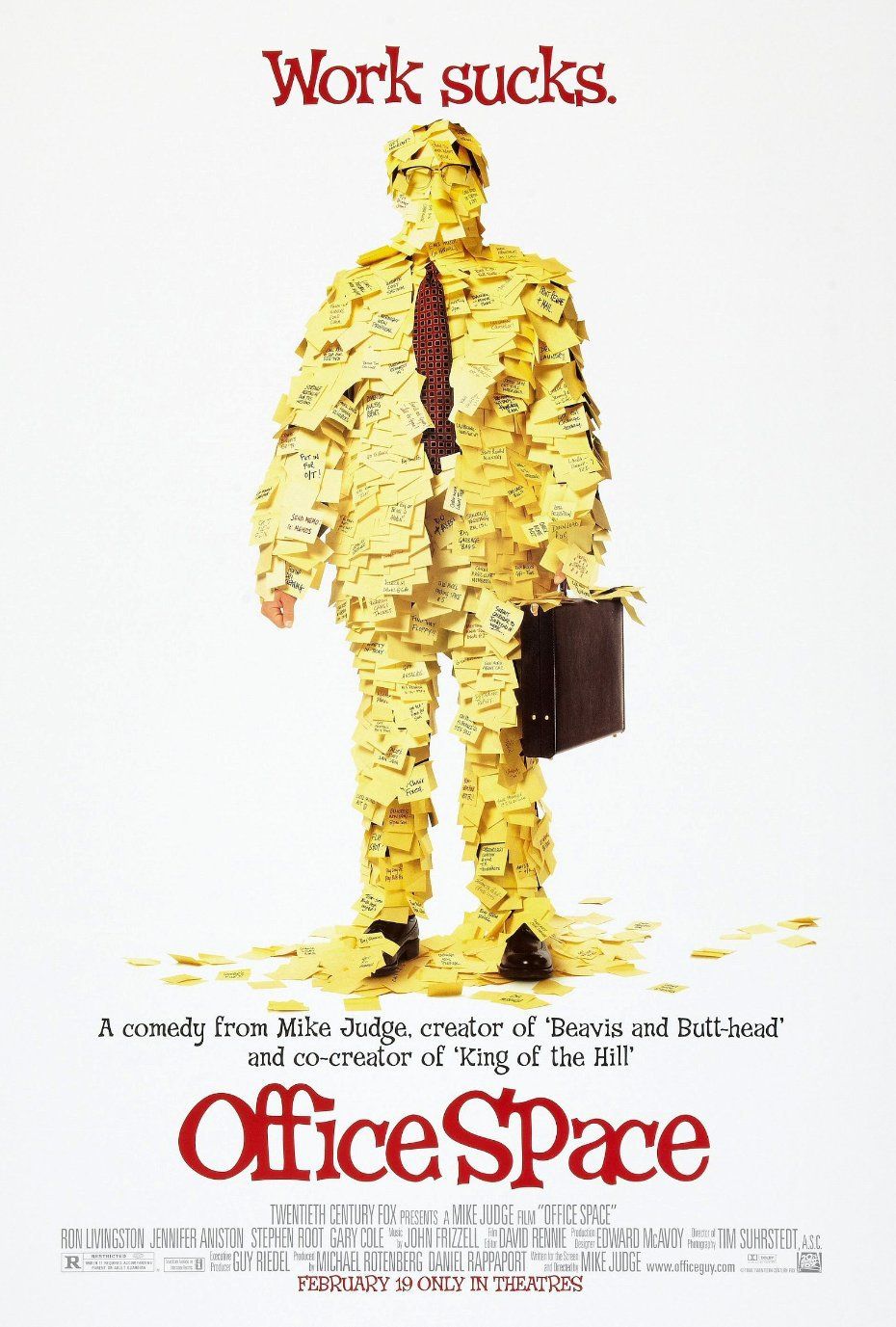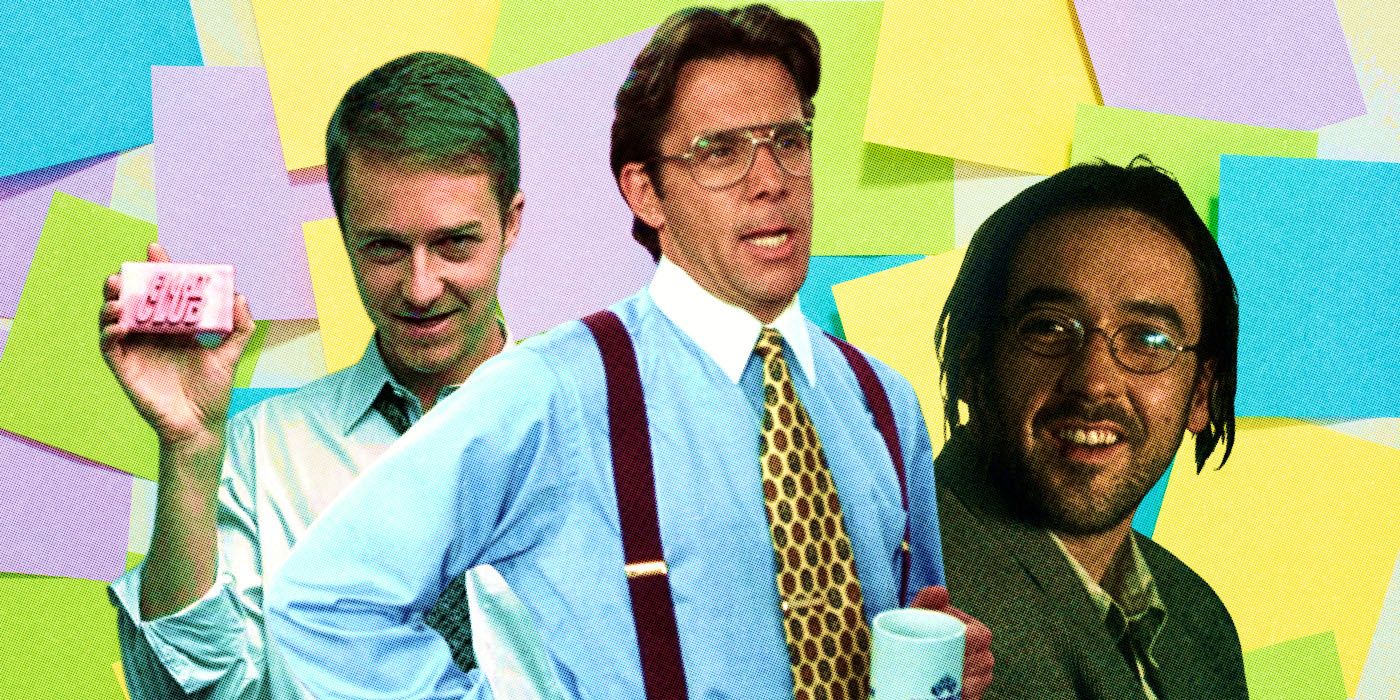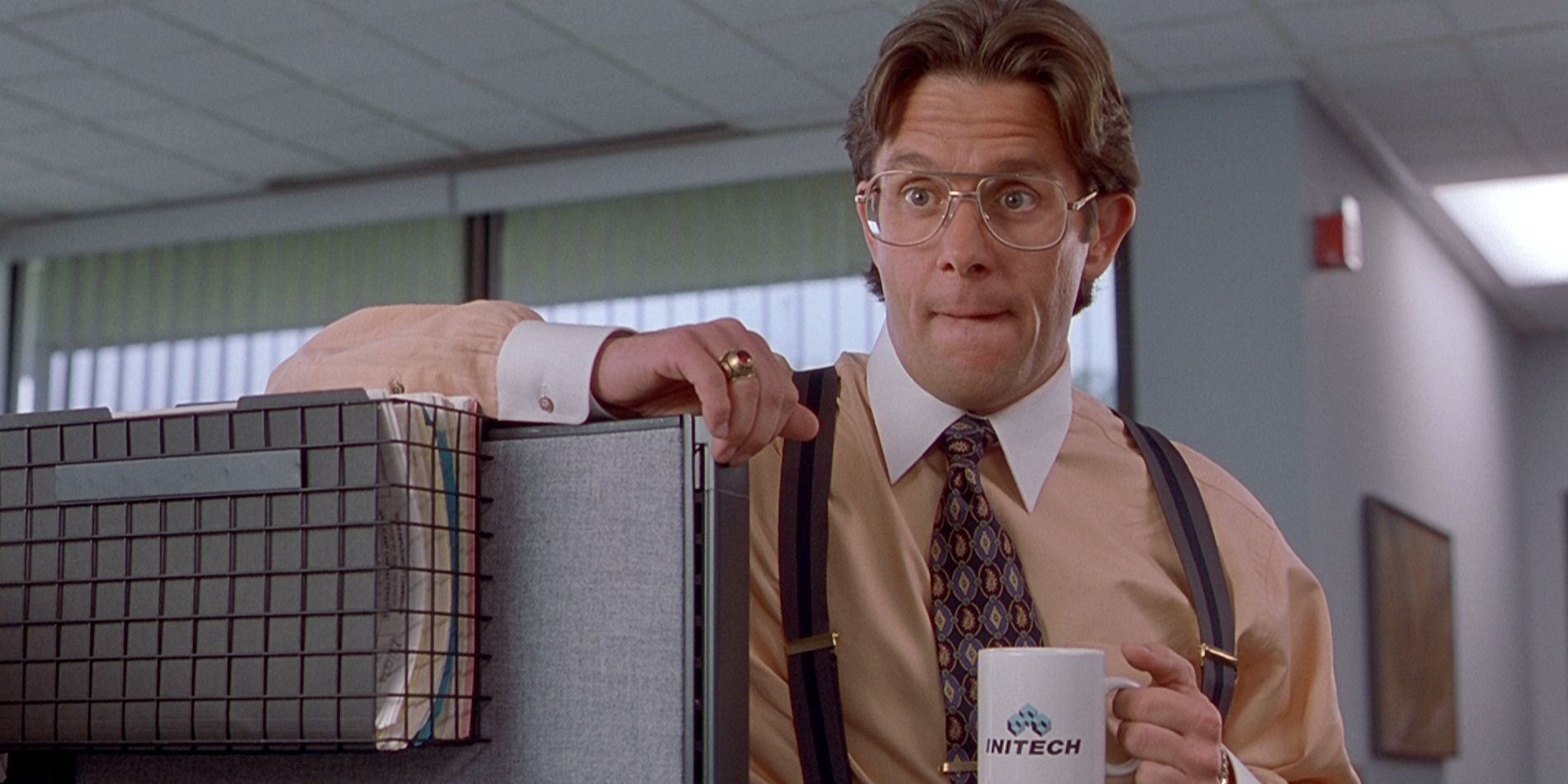Mike Judge’s SNL shorts inspired the cult-classic TV series.
The Big Picture
-
Office Space
originated from the “Milton” shorts, showcasing Judge’s satire of workplace culture. - The humor of
Office Space
was inspired by “Milton,” highlighting workplace dissatisfaction and rebellion. -
Office Space
remains a timeless comedy classic with relatable themes, displaying Judge’s talent for character development.
There are few programs in the history of American comedy that are quite as influential as Saturday Night Live. Ever since the variety sketch show’s debut in the fall of 1975, Saturday Night Live has provided a platform for writers, directors, and actors to develop a unique sense of humor and create memorable sketches. While many of the best sketches in the show’s history work because of their isolated nature, there have been many Saturday Night Live sketches adapted into feature films.
Crafting a film based on a sketch is by no means an easy task. While it might be able to generate laughs within the parameters of a sketch that lasts only a few minutes long, a film requires strong characterization and a focused narrative. Saturday Night Live spinoff films such as Superstar and A Night at the Roxbury failed because they simply stretched their premise too thinly; however, some of the simpler ideas within an original sketch can serve as inspiration for a more fleshed out story that adds more detail. Writer/director Mike Judge was able to use his Milton shorts from Saturday Night Live as the inspiration for his cult comedy classic Office Space.

Office Space
Three company workers who hate their jobs decide to rebel against their greedy boss.
- Release Date
- February 19, 1999
- Director
- Mike Judge
- Cast
- Ron Livingston , Jennifer Aniston , David Herman , Ajay Naidu , Diedrich Bader , Stephen Root
- Runtime
- 89
- Main Genre
- Comedy
- Writers
- Mike Judge
- Studio
- 20th Century Fox
- Tagline
- Work sucks
‘Office Space’ Originated as the “Milton” Shorts
In the mid-1990s, Judge worked developing several animated programs for Saturday Night Liveafter first appearing on MTV’s Liquid TV. Unlike other animated comedies that were popular at the time, Judge’s “Milton” shorts analyzed the mundanity of workplace culture and the dominance of the corporate infrastructure. The shorts were extremely rudimentary, as Judge provided all of the voices for the characters. The protagonist of the shorts was a put-upon employee named Milton, whose dialogue consisted primarily of gibberish words and mumbling. Milton had to deal with being constantly disrespected by his co-workers and employers. His workplace incorporates strange new rules, his pay is denied, and his attempts to raise awareness about his struggles are met with complete ignorance.
While the sketches were rather self-contained in the stories that they told, Milton shows the potential that Judge had as a storyteller. His style of comedy combines deadpan superficiality with genuine empathy for his characters. While the viewers are forced to laugh at the complete absurdity of Milton’s poor luck, they can’t help but feel bad for him as he tries to improve his situation. The style of animation that the Milton shorts incorporated became highly influential on Judge’s later work with the adult animated sitcoms Beavis and Butt-Head and King of the Hill. However, the character of Milton would go on to have a future of his own when 20th Century Fox approached Judge about expanding the sketches into a feature film.
Judge had a development deal with the studio, who saw the potential to make a film about the Milton character; Judge had cited a former coworker who threatened to burn down his workplace after his desk was moved several times as the primary inspiration for the character. The prospect of a Milton-centric film inspired the narrative of Office Space, which became one of the most acclaimed cult comedies of the 1990s. It served as Judge’s live-action feature film directorial debut.
“Milton” Inspired the Humor of ‘Office Space’
The satirical depiction of the grind of cubical workplaces in “Milton” was expanded on in Office Space. The film’s story focuses on the software programmer Peter Gibbons (Ron Livingston), who works at the Dallas-based fictional company Initech. Irritated by the company’s oppressive workplace culture and the constant demands of his supervisor Bill Lumbergh (Gary Cole), Peter begins to grow increasingly pessimistic about his future prospects with the company. However, a lucid experience with a hypnotherapist inspires Peter to take extreme actions to defy authority; he decides to do as little as possible at work in an attempt to get fired. In a twist of irony representative of Judge’s satirical sense of humor, Peter’s new direction makes him uniquely qualified to take on the responsibilities of a senior management position.
Unlike the original shorts, Milton is only a supporting character in Office Space played by Stephen Root. Despite his limited screen time, Root is arguably the film’s scene-stealer. Milton’s increasingly futile attempts to stand up to Lumbergh serve as the perfect backdrop to Peter’s rebellion against Initech’s rules. Many of the best jokes from the original sketches were kept consistent in the film, including Milton’s desk being moved. In the years since the film’s release, Milton’s reactions have become the basis of several popular Internet memes. Although Office Space underperformed financially during its initial release, the popularity of the Milton character grew exponentially once the film earned a second life on cable.

How to Escape Your Soul-Sucking Job According to 90s Movies
From ‘The Matrix’ to ‘Fight Club,’ 90s movies can teach us surprising lessons about how to survive soul-crushing jobs.
‘Office Space’ Is a Timeless Comedy Classic
While the 1990s was filled with comedy classics, Office Space has aged very well in its depiction of workplace culture. References to then-current technology and cultural norms don’t make the film feel out of touch. They serve as a perfect representation that may inform younger viewers about what corporate workplaces looked like in the 1990s. While the film suggests that the infrastructure in place is unsuitable, it does end with a positive message about accepting one’s relationship with their employer. After Initech literally goes down in flames (thanks to Milton), Peter shares a conversation with his new girlfriend Joanna (Jennifer Aniston). She makes him realize that “nobody likes their job,” and that there is more to life than working.
Milton himself may have had limited screen time, but the character from the original sketches bears much in common with Peter in Office Space. Peter shares Milton’s frustrations with being ignored and grows frustrated at the prospect of working at Initech for the rest of his life. The strong writing from Judge helps take the few identifiable details from the sketches and flesh them out into a more three-dimensional character.
Office Space is streaming on Max in the U.S.
This article was originally published on collider.com



